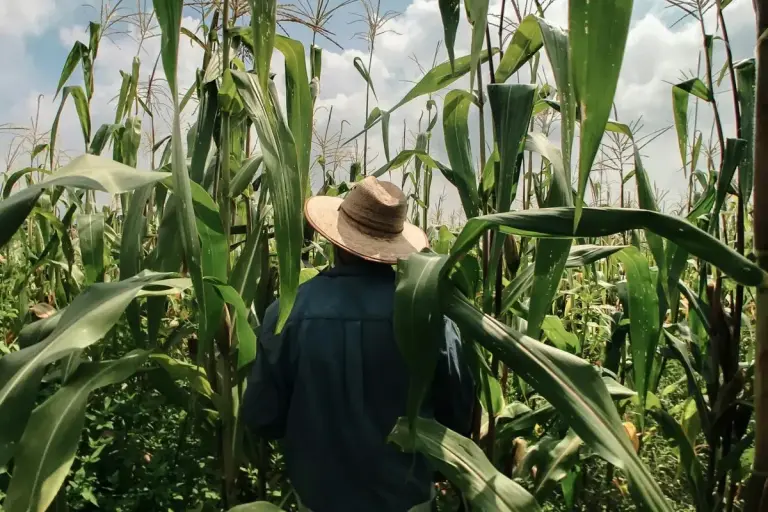Agricultural producers in Panama’s Tierras Altas district are urgently calling for a border security crackdown. They say rampant smuggling of Costa Rican farm goods is devastating their livelihoods and threatening national food security. Farmers specifically identified tomatoes, onions, and corn as products being illegally trafficked across the porous border, undercutting local markets and creating significant economic losses.
The producers made their plea during a high-level meeting with Panamanian security and customs officials this week. They argued that the uncontrolled influx of foreign produce distorts local pricing and poses a severe phytosanitary security risk. Without proper inspections, these smuggled goods could introduce plant diseases and pests currently absent from Panamanian soil, potentially crippling the entire agricultural sector.
We are facing an unfair and dangerous situation that requires immediate and forceful action, a representative for the Tierras Altas farmers said. The illegal entry of these products is not just an economic problem. It is a direct threat to the health of our national agricultural system. [Translated from Spanish]
In response to the growing crisis, producers have begun taking matters into their own hands. They have started implementing internal systems to enhance product traceability. This initiative helps them track the origin of crops from their own farms all the way to national markets, making it easier to distinguish their legitimate goods from contraband items. This self-policing effort aims to provide authorities with clearer evidence of illicit trade flows.
Border Authorities Announce New Counter-Smuggling Strategy
Officials from the National Border Service (Senafront) acknowledged the problem and presented a new plan during the meeting. They revealed that enhanced satellite surveillance operations will soon be deployed along the border with costa rica. This high-tech monitoring effort is being coordinated with Costa Rican authorities, signaling a bilateral approach to a shared cross-border issue.
The regional customs office also reported on its ongoing enforcement activities. Through its Customs Inspection Unit, the agency confirmed that operational patrols are active and yielding results. Recent seizures of smuggled onions at checkpoints and in agricultural areas were cited as proof of their commitment to disrupting these illegal supply chains. The National Customs Authority of Panama is leading these interdiction efforts.
Our operational presence remains active, and the recent confiscations demonstrate our focus on this issue, a customs official stated. We are committed to using all available tools to contain this illicit practice that harms our national producers and economy. [Translated from Spanish]
Beyond vegetables, the smuggling network also involves live cattle. Farmers reported that livestock is being illegally moved from Costa Rica into Panama, compounding the economic pressure on local ranchers. This multifaceted illicit trade exploits remote, unguarded pathways through the challenging terrain of the Tierras Altas region, making interdiction difficult for under-resourced patrol units.
Joint Operations and Increased Patrols Planned
The meeting concluded with a concrete action plan. All parties agreed to strengthen communication channels between the farming community and security forces. A key component involves increasing the physical presence of authorities in the field. More frequent and unpredictable patrols are planned for known smuggling routes.
Perhaps the most significant outcome was the agreement to launch coordinated joint operations. These initiatives will see customs agents, border police, and agricultural inspectors working in tandem to target contraband hotspots. The goal is a unified front against the smuggling of tomatoes, onions, corn, and cattle. This collaborative model aims to create a more formidable barrier against illegal cross-border trade.
Panamanian producers are now watching closely. They hope these promised measures will translate into tangible results that stabilize local markets. The economic vitality of the Chiriquí province, a cornerstone of the nation’s agricultural output, depends heavily on a fair and regulated trading environment. The success or failure of this new enforcement strategy will have immediate consequences for farmers and consumers alike.



